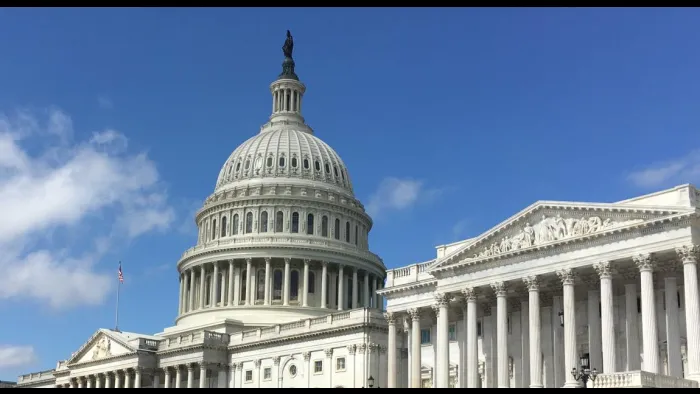Lung cancer causes more deaths in the United States each year than breast, colon, and prostate cancers combined. Yet, despite strong evidence showing that annual screening with low-dose CT (LDCT) scans significantly reduces lung cancer mortality among high-risk individuals[1],[2], fewer than 18.2% of eligible patients currently undergo screening.
Simultaneously published in The Annals of Thoracic Surgery, The Journal of the American College of Radiology, and The International Journal of Radiation Oncology, Biology, Physics and jointly issued by The Society of Thoracic Surgeons (STS), The American College of Radiology (ACR), and The American Society for Radiation Oncology (ASTRO), the article examines recurring methodological flaws in the literature that may limit knowledge of, and access to, lung cancer screening (LCS).
The editorial originated from the STS Lung Cancer Screening Task Force and was led by its chair, Elliot Servais, MD, Department of Surgery at Lahey Hospital & Medical Center.
“In this paper, we address these misconceptions head-on with the goal of expanding access to screening and saving more lives from lung cancer,” said Dr. Servais. “Lung cancer screening saves lives. Multiple high-quality studies have clearly demonstrated its benefit. Despite this strong evidence, persistent misinformation about perceived harms continues to limit the uptake of this life-saving test.”
The authors note that methodological shortcomings in published research—including overestimation of downstream complications, misrepresentation of false-positive rates, and flawed analyses of CT-related radiation risk—may deter patients and clinicians from lung cancer screening, highlighting the need for accurate, evidence-based communication of its benefits and risks.
The full joint editorial is now available online:
[1] DOI: 10.1056/NEJMoa1911793
[2] DOI: 10.1056/NEJMoa1102873
